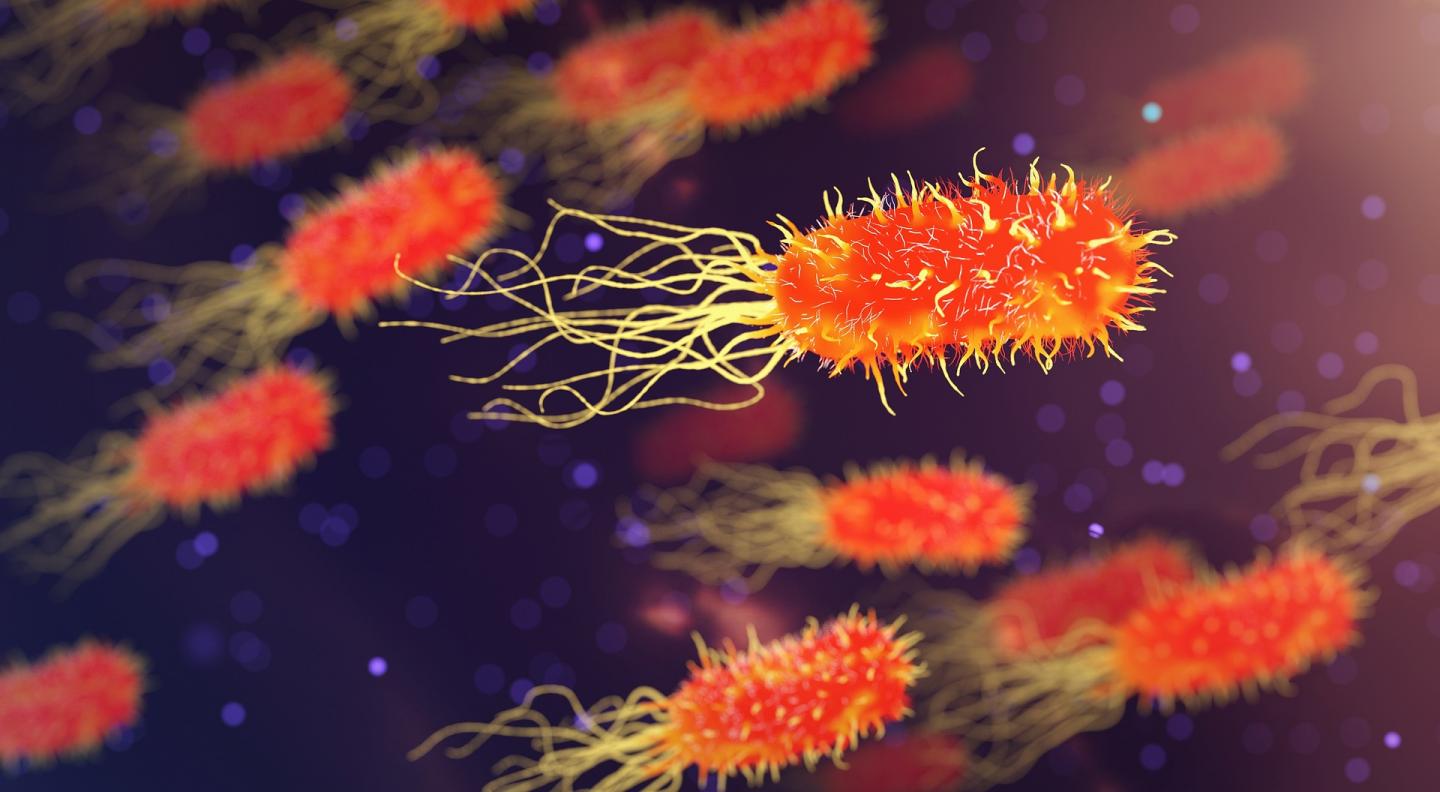
Credit: Image by Arek Socha from Pixabay
Next-gen nano technologies that can prevent infection and diagnose disease are set to transform the medical industry as this important UniSA research is awarded more than $2 million dollars under the National Health and Medical Research Council (NHMRC) 2021 Investigator Grants.
Led by international expert in biomedical and advanced materials, UniSA’s Prof Krasi Vasilev, the $2,738,220 NHMRC grant will help continue his vital work in anti-bacterial technologies for a range of medical devices, and build on his established successes in diagnostics and prognostics of diseases.
Prof Vasilev’s exemplary work in antibacterial technologies has seen him collaborate and conceive a range of innovations to improve the health of people around the world.
Notable commercial projects include a new non-invasive device for diagnostics of bladder cancer (with Motherson Innovations) and novel orthopaedic implants enhanced with antibacterial surfaces that substantially reduce the rate of infections associated with these devices (with Corin Group).
This work is delivering tangible outcomes for patients, medical professionals, and the Australian economy.
“Innovative technologies are the key to solving pressing medical and biological challenges, but it is only through valuable collaborations with clinicians and partnerships with industry that we are able to develop these technologies and take them to the next level,” Prof Vasilev says.
“In this NHMRC funded project, we will be using clever nanotechnology to create antibacterial technologies for medical devices, to ensure they can intelligently respond to stimuli, and are highly tailored to particular applications.
“These technologies will be applicable to a wide range of medical devices that are susceptible to bacterial colonisation and lead to deadly infections. Such devices include catheters, orthopaedic and trauma devices, dental implants and heart valves.
“We will also use the expertise of my team in antibacterial technologies to develop novel antiviral surfaces to be used in hospitals and public places to stop the spread of viral diseases. The urgent need for such technologies is demonstrated by the current Covid-19 pandemic.”
The NHMRC funds will also further Prof Vasilev’s ground-breaking work in cancer diagnostics and prognostics, where urine tests are providing non-invasive, cost-effective techniques to diagnose bladder cancer.
“Bladder cancer survivors undergo up to four invasive cystoscopy examinations per year, which are expensive, require hospitalisation and can lead to complications such as sepsis and bleeding. Our technology offers patients patients a much safer, quicker and reliable detection – without additional discomfort, pain and risk of complication.
“We’re looking to extend this technology to diagnosis other diseases – renal disease, prostate and kidney cancers, urinary tract infections as well as rapid and cost-effective detection of viruses such as Covid-19.
“Every day we’re continuing to test a range of nanotechnology-inspired solutions across numerous areas of clinical need, with the goal of helping clinicians more easily diagnose diseases, and most importantly, improve the wellbeing of patients and outcomes of medical procedures.
“To date, we have very promising results. Now, we are taking this to the next level, and we are extremely grateful that our work has been acknowledged and supported by the NHMRC.”
###
Notes to Editors:
Four outstanding University of South Australia research projects received funding under the 2021 NHMRC Investigator Grants. Amounting to $7.8 million dollars, the outcomes of this research will change the lives of millions. For more information, please visit:
http://www.
Media contact: Annabel Mansfield office (08) 8302 0351 mobile 0417 717 504
email [email protected]
Researcher: Professor Krasi Vasilev office (08) 8302 5697 email: [email protected]
Media Contact
Annabel Mansfield
[email protected]
Original Source
https:/



